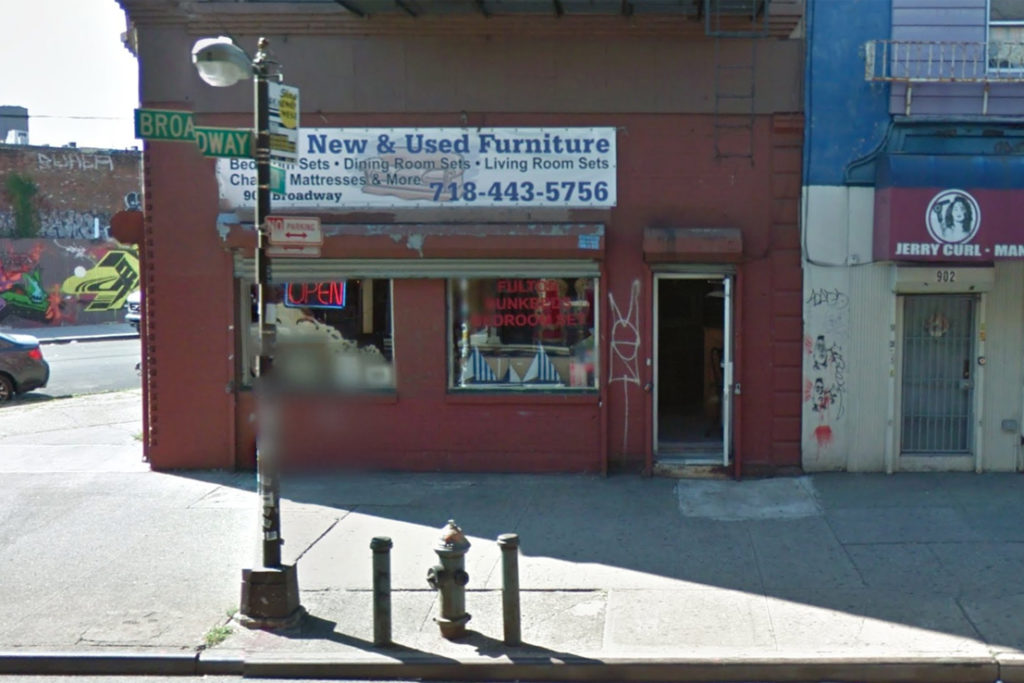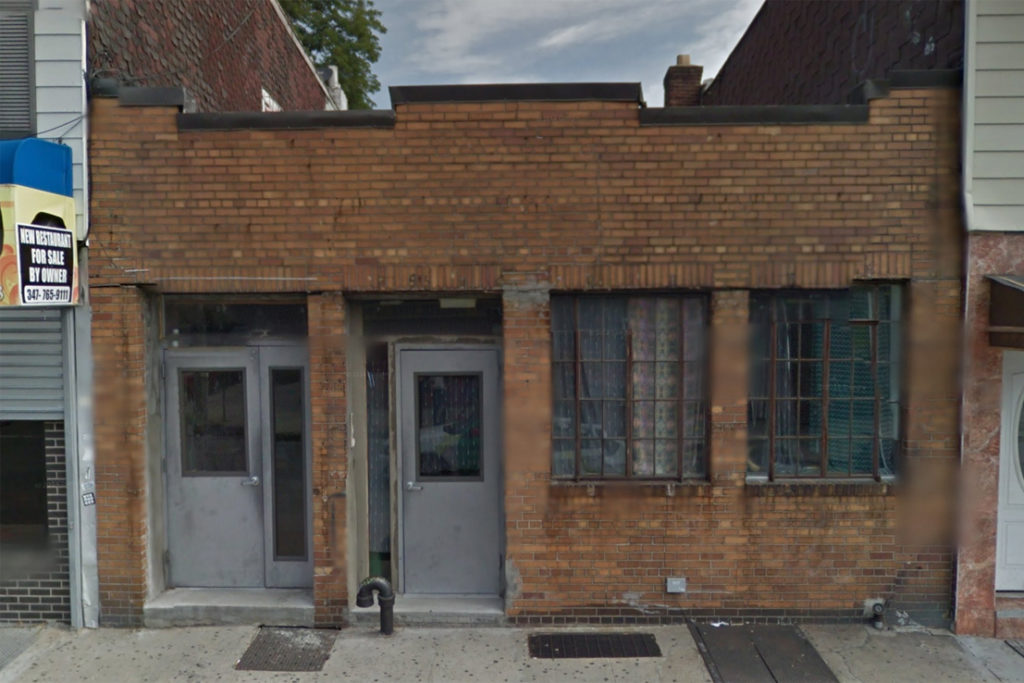Music and Real Estate in New York City
Mapos Designer
For anyone who has spent any time in the Mapos office, it will come as no surprise that music is a central part of the company’s culture. Since the first day that I started working here, I have rarely experienced a silent moment in the office. If there’s someone here, then there’s probably music playing. In fact, one of the very first things that you learn when you start working here is how to access the shared office Rdio account and how to contribute to its democratically aggregated queue which plays continuously throughout the office.
Because everyone has access to it, the queue is a constantly evolving organism that sometimes takes on a life of its own, whether in the form of a specific category or theme, to celebrate a holiday or an event, or to respond to the general mood in the studio. On Mondays, the tone generally starts off a bit softer and slower and on Tuesday mornings, the queue is typically loaded up with the week’s new releases. For important meetings, music with vocals is often abandoned for classical or jazz and by Friday afternoons, the occasional Top 40 hit makes it on amongst some of the faster paced office favorites. There have been themed playlists to celebrate a vacation out West or the weather outside; we have even gone hours listening to only songs containing the name of a color in the title. Once, we even counted from one to twenty with song titles. Here at Mapos, we listen to so much music that from the beginning of 2014 until the writing of this piece, 33,704 songs by 1,869 unique artists had been played in the studio. Really, to say that music is an important part of life at Mapos, would probably be an understatement.
Last week, upon hearing Seeds, the latest release from the band TV on the Radio, in the office, I read a review of the album from the notoriously pretentious and predictably critical Pitchfork. Within the review, author Eric Harvey briefly discusses the relationship between the listenability of music and the accessibility of the real estate market where it is produced. In his own words, “That’s how music works differently from the market for the real estate where it’s made: while Brooklyn’s been gentrified into the walled-off backdrop for Lena Dunham’s mumblecore Marlo Thomas performance, infinitely more people will have access to TV on the Radio’s fifth album Seeds than the band’s 2004 Touch & Go debut, exactly because more money has been invested into it.” As the point of this piece is not to act as an album review, my reason for bringing this up has everything to do with the relationship here that Harvey identifies and the kind of inverse correlation that he associates with it.
It would be nearly impossible to discuss the history of American music without acknowledging the immense role that New York City has played in it. And similarly, it would be nearly impossible to discuss the development and evolution of this city without considering the role that real estate has played in shaping it. I think it is really interesting, then, to consider the impact that each of these forces has had on the other, especially within the context of this city. At this moment in history, it is clear that the impact of this relationship is being felt the hardest in Brooklyn, or Williamsburg really, to be more specific.
Just this past weekend, one of the City’s most well-established and beloved DIY music venues, Death By Audio, hosted its final show after over eight years running. And this closure is not an isolated incident, 2014 has been a difficult year for the DIY music venues of Williamsburg. At the beginning of the year, DIY music champion Todd P closed the infamous 285 Kent, probably the most widely discussed venue of its kind, because of the impending real estate struggle that he anticipated. And as 2014 draws to a close, there is still at least one more casualty that has already been announced. One of my personal favorites, Glasslands, will host its final show on New Year’s Eve of this year.
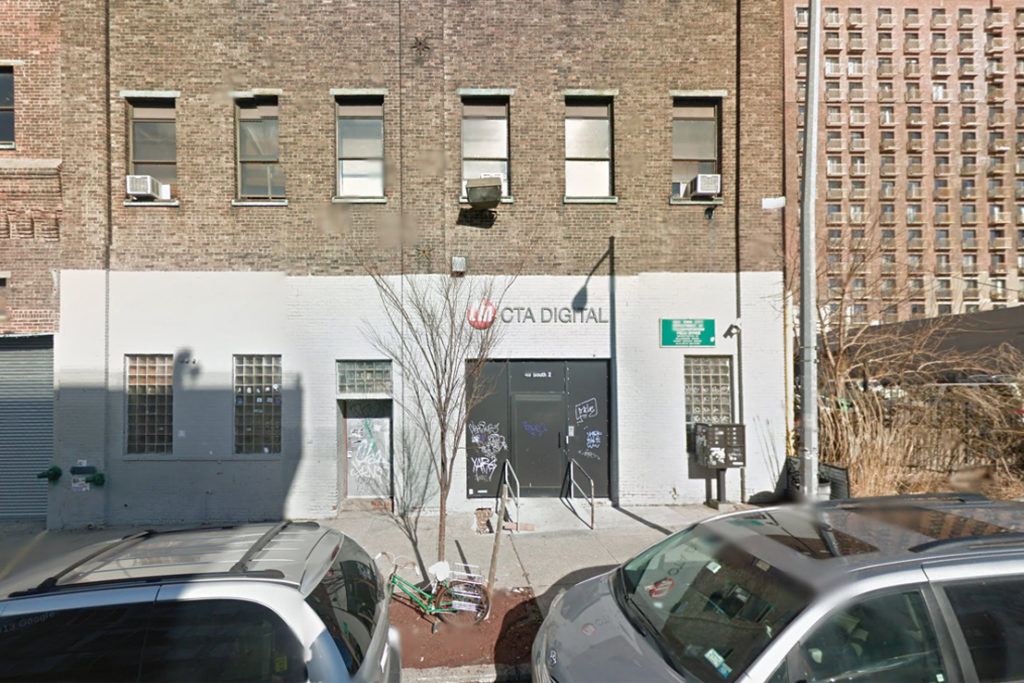
Death By Audio.
The announcement, issued on the venue’s website, really says it all,
Dearest friends –
You’re probably getting used to hearing news like this in Williamsburg, so we’ll cut right to the chase: this New Year’s Eve will be Glasslands’ final night of music.
When Glasslands opened in 2006 as an experimental community art space, Kent Avenue felt like a forgotten backwater, scattered with old warehouses playing temporary home to non-profit arts collectives, galleries, and DIY shows. During that time, our single block saw a handful of historically ambitious art & music spaces open: Secret Project Robot/Lives With Animals, Paris London West Nile, Pyramids, Death By Audio, 285 Kent… we’re proud to have grown up in this place and time.
It was an awesome blur: there were shows with MGMT, TV On The Radio, Bon Iver, Yeasayer, Disclosure, Alt-J, there were Soul Clap dance competitions, there were aerialists, comedians, theater groups, fashion shows, raves.
Most importantly, the staff, artists, and party people that have been a part of Glasslands for the past 8 years made the venue a special creative home for music, and a joy to run. It’s impossible to fully communicate how grateful we are for all your love and support.
We’ve got a few months left, and we intend for them to be our best ever. Please come by and help us celebrate our final season.
Goodbye for now, but not forever.
Love,
Glasslands
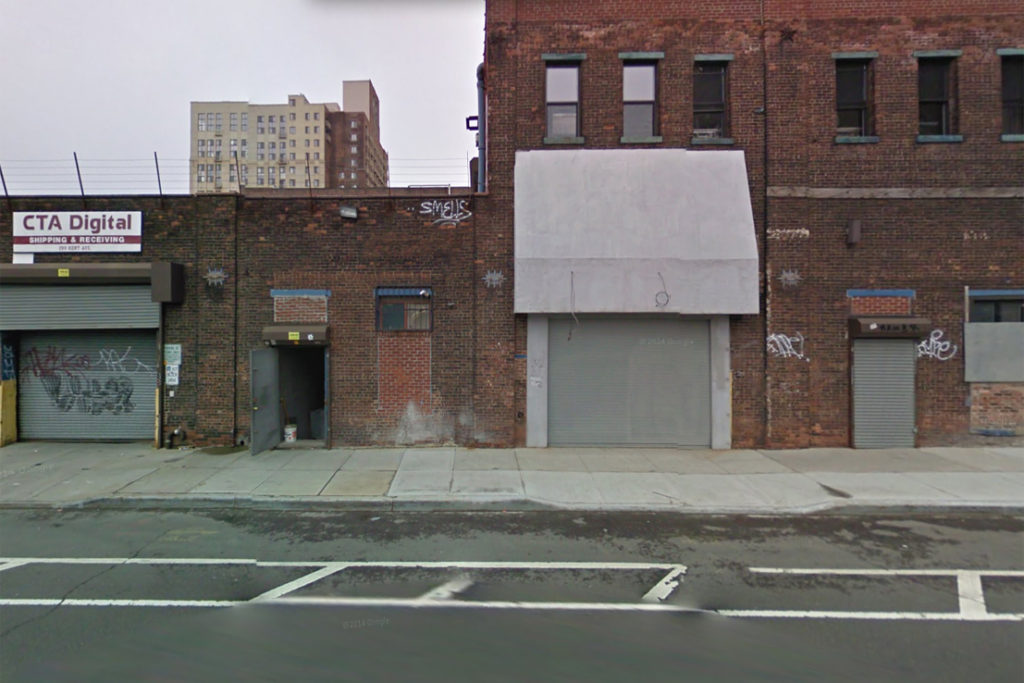
285 Kent.
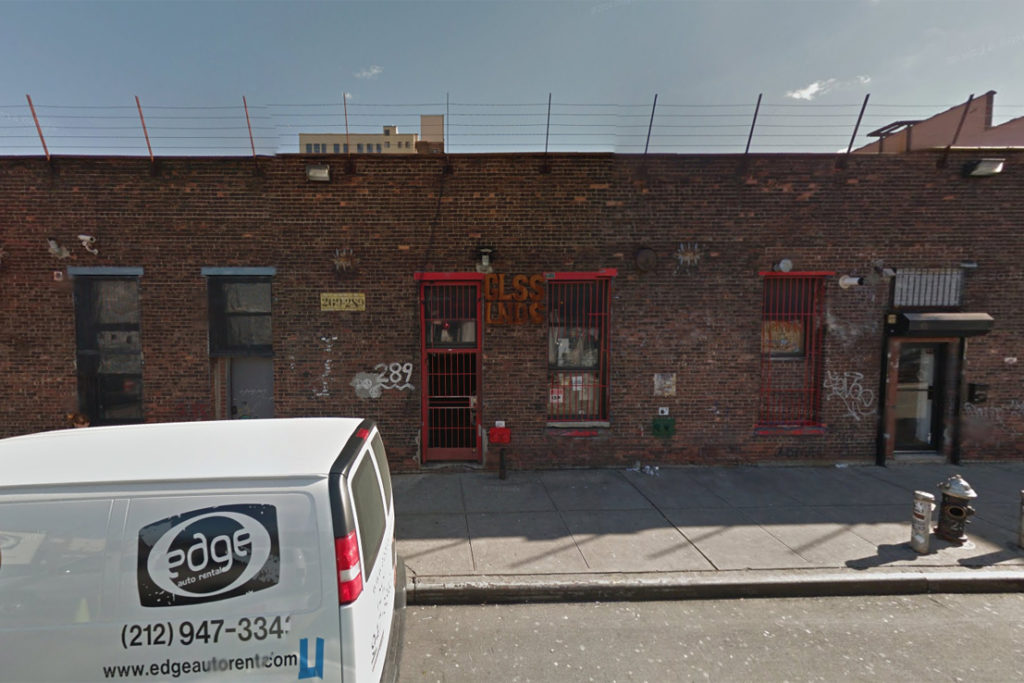
Glasslands.
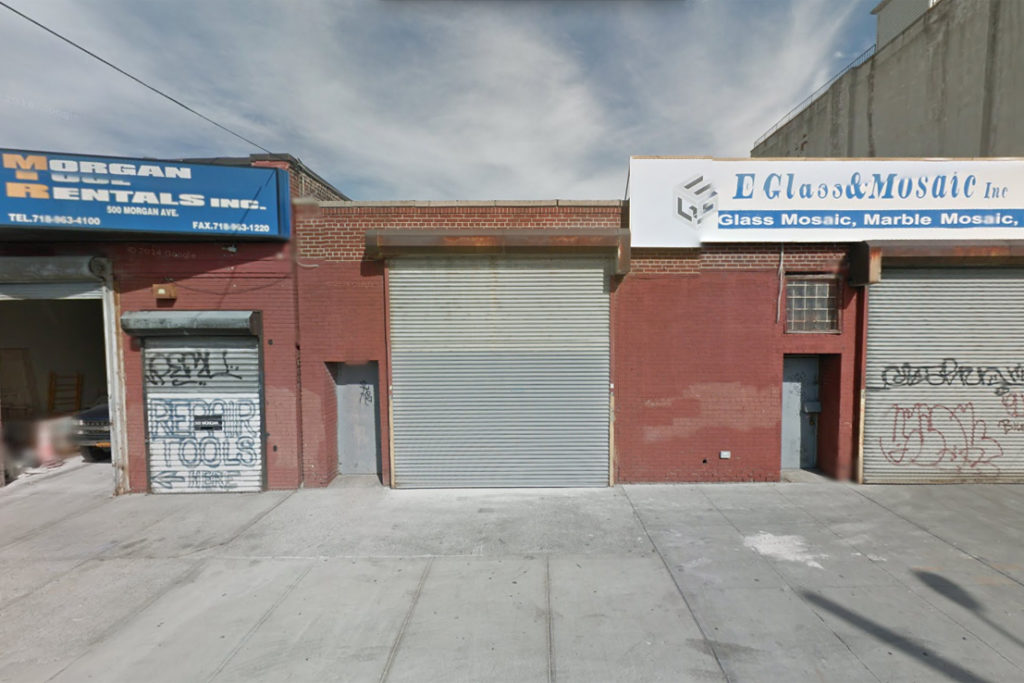
Aviv.
But with all of this bad news, there is, of course, still good news, because as with everything in New York City, life continues and new things emerge to replace the old ones that were lost to the constant march of progress. As Williamsburg becomes increasingly unaffordable and it’s venues have been forced to close or move, the community has adapted and simply migrated to the adjacent neighborhoods, most notably Bushwick, which is evolving into the new home of DIY music in New York City. In the same year that will have witnessed the closure of 285 Kent, Death by Audio, and Glasslands, new venues such as Trans Pecos in Ridgewood, Palisades in Bushwick, and Aviv in Greenpoint have emerged to carry on the traditions of these venues and to continue to house the transient community that called them home.
